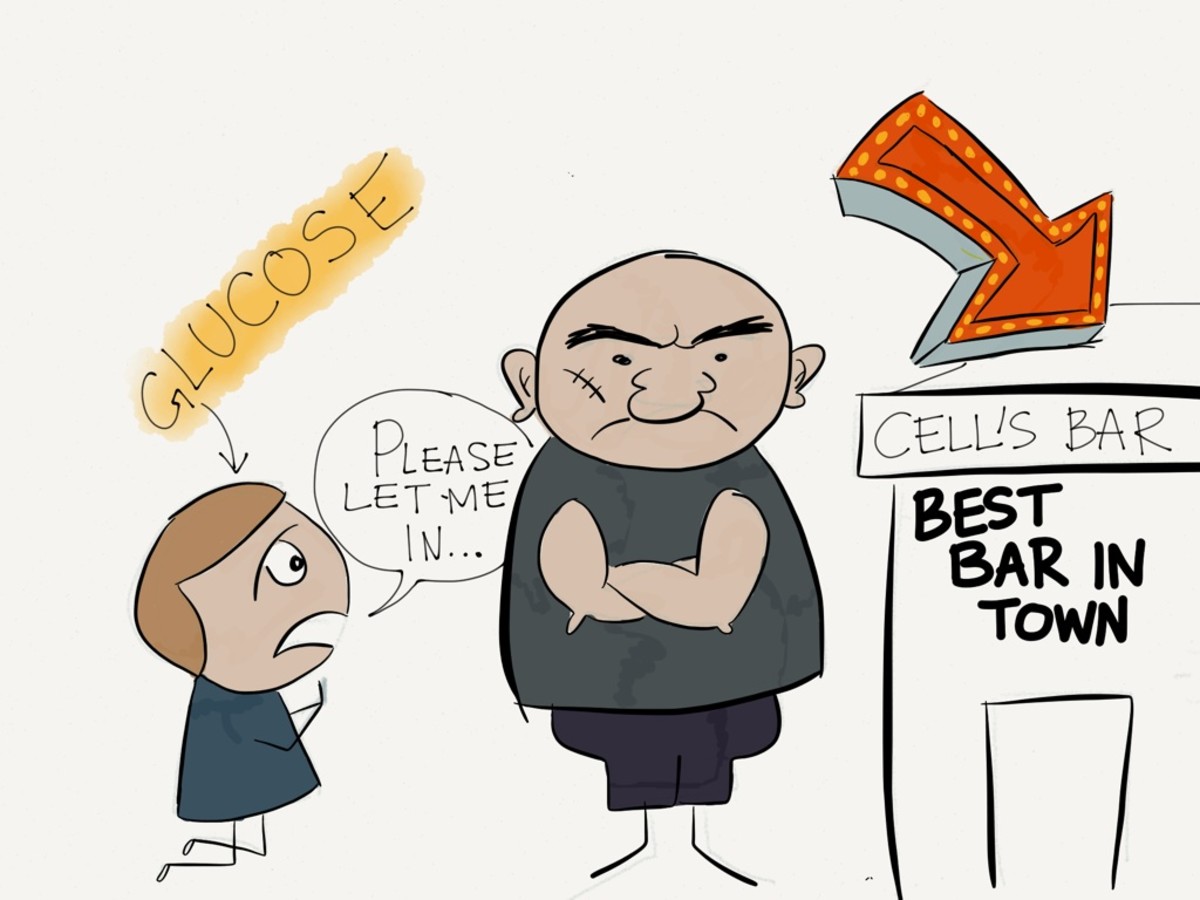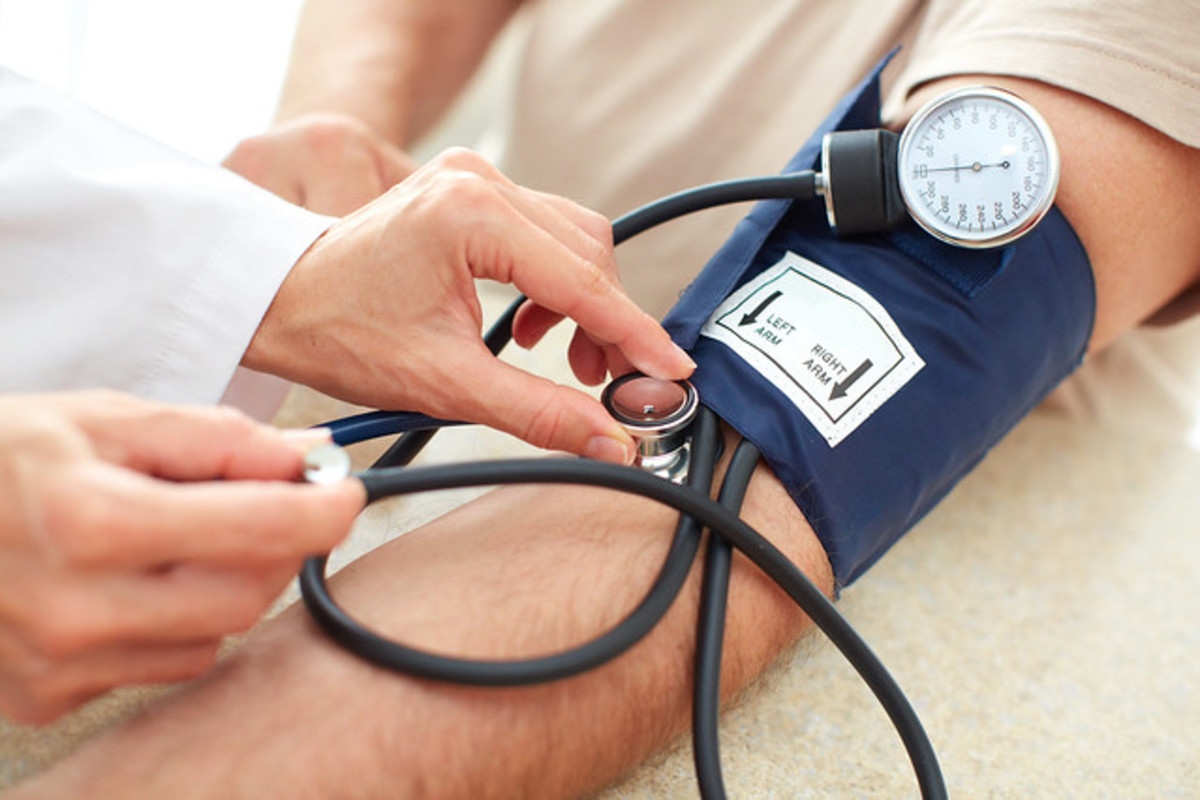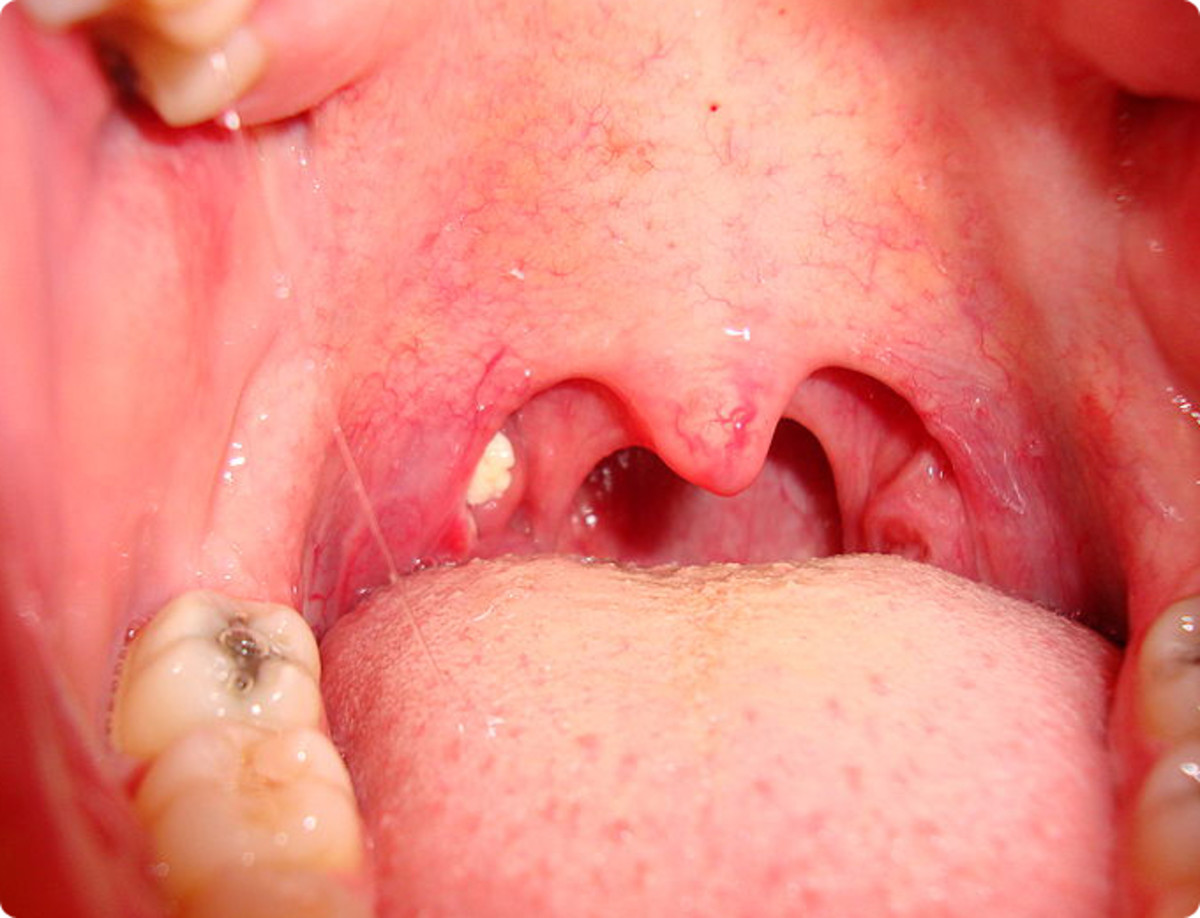How To Reduce Triglyceride Levels Naturally
Triglyceride is a type of fat that our body makes from sugars and surplus calories. It is made up of three types of fatty acids and glycerol. Triglycerides are produced in the liver. Most people may not know the nitty-gritties of what triglycerides are and what they are composed of, but they sure would have heard of the term 'triglycerides' through their doctor. Doctors often recommend that you lower your triglyceride levels. The reason they tell you that is because high levels of triglycerides have been linked to heart disease. Therefore, it is in your interest to take your doctor's advice seriously and take measures to lower your triglyceride levels. Before you start taking steps to reduce your levels, you should know where you stand and if your levels are high, borderline, borderline high or normal. The below table would help determine where you stand vis-a-vis your cholesterol levels.
Triglyceride Level
| What It Means
|
|---|---|
Less than 150 mg/dL
| Normal
|
From 150-199 mg/dL
| Borderline high
|
From 200-499 mg/dL
| High
|
Above 500 mg/dL
| Very high
|
Steps to Take to Reduce Elevated Triglyceride Levels
If your triglyceride levels are above 150 mg/dL, you can take the following steps to try to lower it to acceptable levels:
Dietary Changes:
- Reduce saturated fats: Avoid fats from foods/cooking sources such as fried foods, cream, cheese, butter, coconut/palm oils, etc. Instead, replace them with healthier choices such as whole grain carbs and healthier oils such as olive oil.
- Increase unsaturated fat intake: These fats include monounsaturated and polyunsaturated fats, also referred to as "healthy" fats. Good sources of these fats are olive oil, fatty fish (mackerel, salmon, trout), avocados, nuts, etc. Fatty fish especially are good because they contain omega-3 fatty acids. These are really good for your heart, but are also good for your general health. These fats can reduce your triglyceride levels quite effectively if consumed on a regular basis.
- Cut down on sugary foods: Reduce the intake of foods such as soda, candies, sweets, etc.

Exercise/Physical Activity:
- Aerobic exercises are quite effective in lowering your triglyceride levels. Apart from that, if you are physically active for, say, at least 30 minutes a day through activities such as walking, swimming, it would help reduce your triglyceride levels.
- Lose weight: As a followup to the above point, reducing any excess weight can help immensely in lowering your triglyceride levels. Losing just about 5 to 10 pounds has been shown to lower triglyceride levels, so lose that excess weight.
Things to Avoid:
- Alcohol: Alcohol, even in moderate quantities, can increase levels of triglycerides significantly. Hence, try to avoid alcohol if you can. If not, find out from your doctor what amounts of alcohol can be taken without causing significant ill effects in your particular case.
- Smoking: It is well known that cigarette smoking is one of the risk factors for heart disease. So, if you want a healthy heart, take steps towards quitting. There are numerous smoking cessation programs and medications. Give one of these a try and try honestly to quit. Quitting smoking can help avoid many other potentially life-threatening diseases.

Healthier Food Choices To Lower Your Triglycerides:
Fishes are better than red meat, so switch over if you can or as often as you can.
Nuts and dried fruits are better choices than potato chips. So, when you feel the urge to snack on some chips, get some nuts and dried fruits instead.
Use olive oil in your cooking, instead of other unhealthy oils, butter, etc.
In Conclusion:
Lowering your triglyceride level is important, and if you can reduce it naturally, that should be your preferred option, especially if you have unpleasant side effects with medications. However, if natural methods don't lower your triglyceride levels, you should follow the regimen of medications prescribed by your doctor.
© 2009 Shil1978








